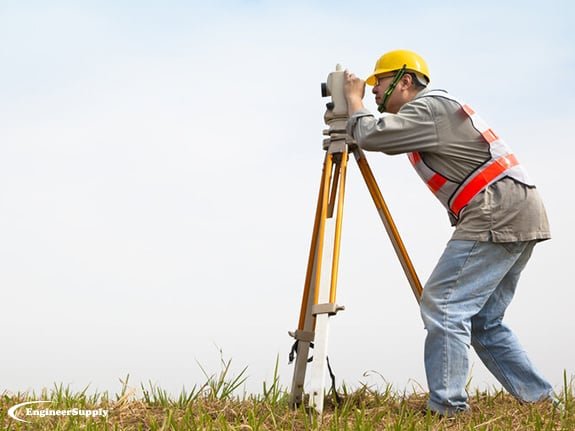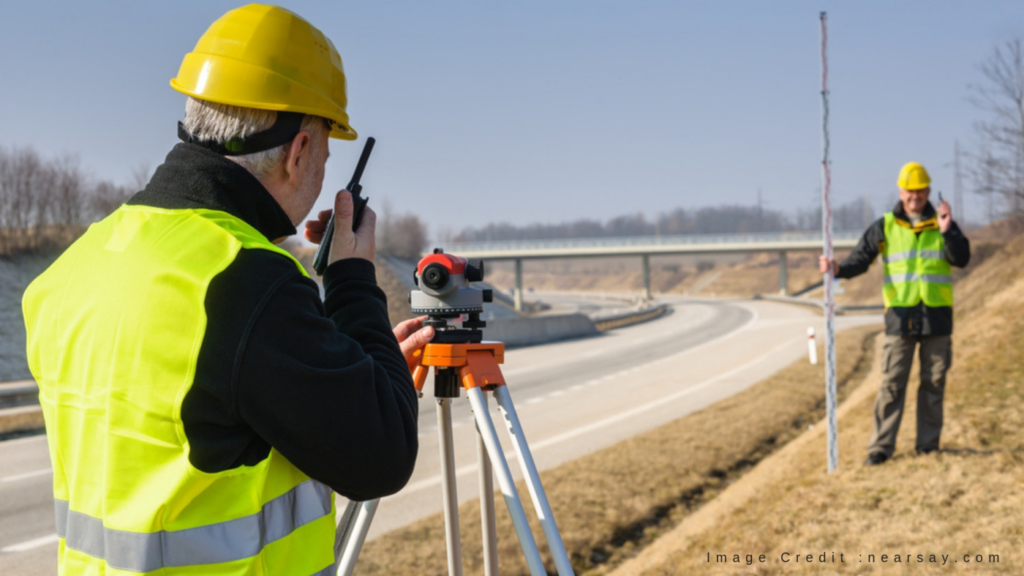When you’re planning any kind of landscape or land development project, be it for residential construction, commercial expansion, or environmental conservation, choosing the right landscape surveyor is a critical step that can significantly influence the outcome. A good surveyor ensures your project starts on the right foundation, literally and figuratively, while a poor choice could lead to delays, disputes, or expensive revisions down the line.
This guide will help you understand what landscape surveyors do, why selecting the right one is so important, and how to make an informed decision.
What Does a Landscape Surveyor Do?
A landscape surveyor, also known as a land or topographic surveyor, is a professional who maps the physical features of a piece of land. This can include:
- Land contours and elevations
- Natural features like trees, waterways, and rock formations
- Man-made structures and property boundaries
- Utility locations and potential obstructions
- Environmental concerns such as erosion-prone areas

This data is then compiled into detailed drawings or digital models that are used by architects, engineers, landscape designers, and construction teams to plan the project safely and efficiently.
Some surveyors specialize further, offering expertise in ecological surveys, hydrological mapping, or boundary assessments, which can be particularly important for large developments or properties near protected areas.
Why the Right Surveyor Makes All the Difference
Hiring a skilled and qualified landscape surveyor is more than a formality, it’s an investment in your project’s success. Here’s why:
- Accuracy: Surveying is all about precision. Inaccurate measurements can lead to costly mistakes in design, excavation, or compliance with zoning laws.
- Compliance: Surveyors familiar with local regulations can ensure your project adheres to relevant codes, helping you avoid legal complications.
- Efficiency: An experienced surveyor can expedite the planning phase by anticipating potential issues and recommending solutions early.
- Communication: A good surveyor will work closely with your design and construction teams, translating technical data into actionable plans.
How to Choose the Right Landscape Surveyor: Step-by-Step
Selecting a surveyor is not just about finding someone with the right qualifications—it’s about finding the right fit for your specific needs. Here’s a step-by-step process to guide your decision:
1. Understand Your Project Scope
Before you even begin searching, clarify what your project involves. Are you building a new home? Planning a large commercial subdivision? Restoring a wetland? Each project may require different surveyor specialisations. For instance, if your site includes environmentally sensitive areas, look for a surveyor experienced in environmental impact assessments.
2. Verify Qualifications and Licensing
Always check that your surveyor is properly licensed and registered. In many countries, including New Zealand and Australia, surveyors must be certified by a professional body, such as Survey and Spatial New Zealand or the Surveying and Spatial Sciences Institute in Australia. These organisations also list accredited professionals in your area.
3. Look at Experience and Expertise
Experience matters. A surveyor who’s been in the industry for years is more likely to anticipate problems, understand local terrain, and navigate council requirements. If possible, look for surveyors who’ve worked on similar projects or within your specific region.
Ask questions like:
- Have you worked on projects similar to mine?
- Do you have experience with environmental or topographic challenges?
- Are you familiar with local zoning and council requirements?
4. Request Sample Reports
Don’t be afraid to ask for examples of previous survey reports or drawings. A professional surveyor will provide clear, detailed, and well-documented outputs. Reviewing these will give you an idea of their attention to detail and communication style.
5. Check Reviews and References
Online reviews and word-of-mouth recommendations can provide insight into a surveyor’s reliability and professionalism. If you’re undertaking a large project, ask for references and speak directly with past clients to learn more about their experience.
6. Compare Quotes—But Don’t Just Go for the Cheapest
It’s wise to obtain multiple quotes, but remember: cheapest doesn’t always mean best. A low quote might indicate inexperience or a lack of essential services. Ensure each quote outlines:
- What’s included (e.g., number of site visits, types of deliverables)
- Estimated timeframe
- Any exclusions or conditions
Understanding the scope of each quote will help you determine value, not just cost.
7. Ensure Insurance and Liability Coverage
Make sure your surveyor holds professional indemnity insurance. This protects both parties in the event of errors or legal disputes. Ask for proof of coverage and check the terms if needed.
8. Assess Communication and Availability
Good communication is essential. You want a surveyor who is approachable, responsive, and able to explain technical aspects in plain language. During your initial consultations, evaluate their willingness to answer questions and their ability to meet your project timeline.
Partnering with the Right Surveyor
Once you’ve found the right professional, treat the relationship as a partnership. Share all relevant project details, expectations, and concerns early on. Regular communication and mutual respect will help the surveyor work efficiently and provide the most value to your project.

Additionally, landscape surveyors can often refer you to other trusted professionals, such as civil engineers, environmental consultants, or landscape architects, forming a helpful network of expertise.
Conclusion
Choosing the right landscape surveyor is a foundational step in any successful land development or landscape design project. By understanding your needs, researching potential candidates, and assessing both their technical qualifications and interpersonal skills, you’ll be well-positioned to make an informed decision.
A good surveyor doesn’t just measure land, they help bring your vision to life by laying the groundwork for safe, compliant, and efficient development. Whether you’re building a backyard oasis or a large-scale subdivision, taking the time to choose the right surveyor is a step you won’t regret.
Frequently Asked Questions
Should I choose a surveyor with experience in my specific project?
Yes, absolutely. Surveyors with relevant experience will better understand the unique requirements and challenges of your project. For example, surveying for a coastal property will differ greatly from a rural subdivision or an inner-city development.
Is it important for the surveyor to be insured?
Yes. Professional indemnity insurance protects you and the surveyor in case of errors, disputes, or legal claims. Always confirm insurance is in place before signing a contract.
How do I know if a surveyor’s price is fair?
Get multiple quotes and compare the details. Don’t just compare price, look at what’s included in the service. If a quote seems much lower than others, ask why. It might exclude essential services or site visits.
For additional insights on how to find accredited professionals and understand surveying standards, visit Survey and Spatial New Zealand or Land Information New Zealand (LINZ), which offer resources for property owners and developers.
By approaching your selection process with care, you’ll not only find a competent surveyor but gain a valuable partner in the successful execution of your project.

